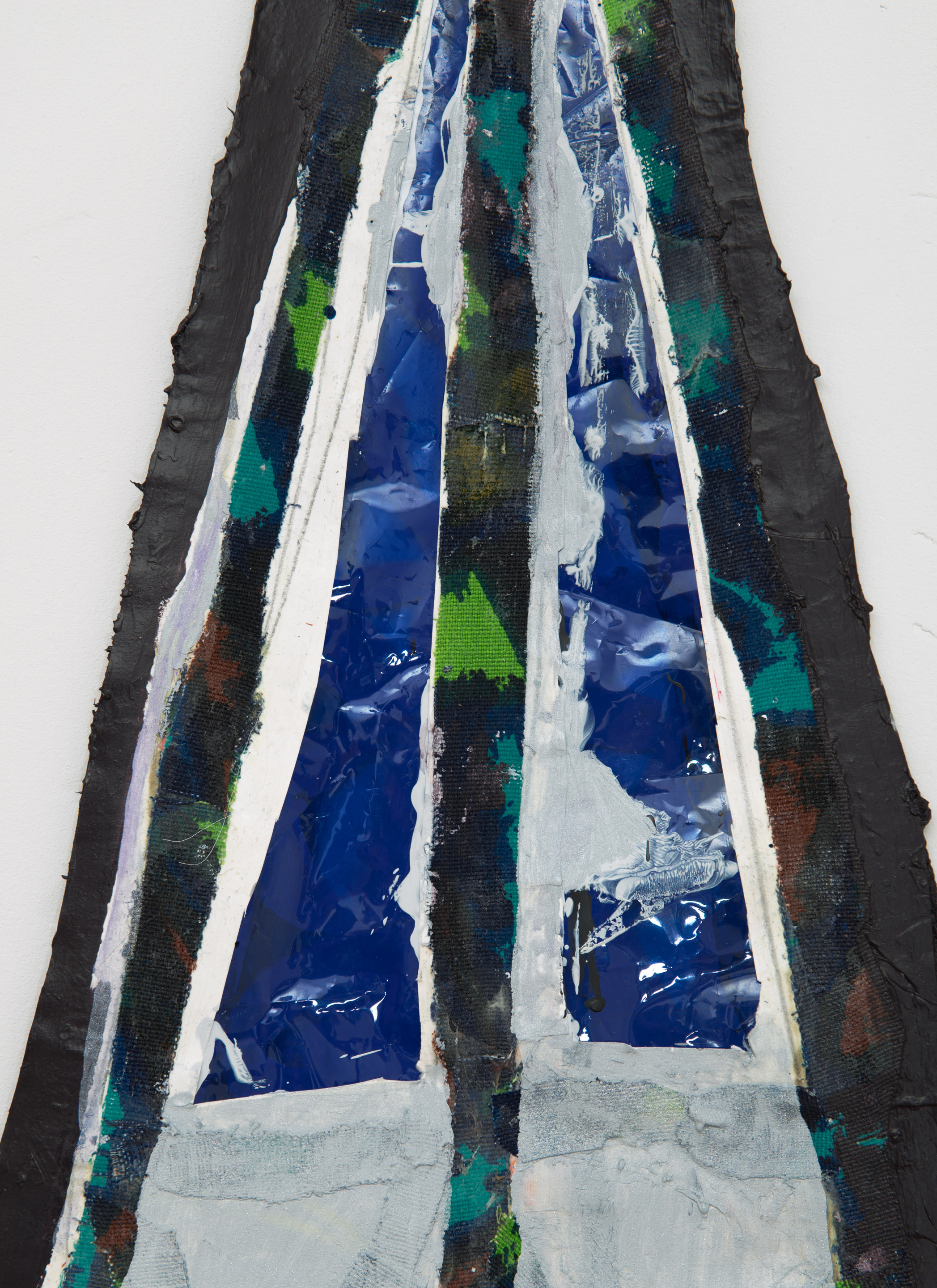ADA FRIEDMAN
Painting in Pisces
7 October - 17 December, 2022
CURRICULUM VITAEPainting in Pisces
7 October - 17 December, 2022
REQUEST PREVIEW
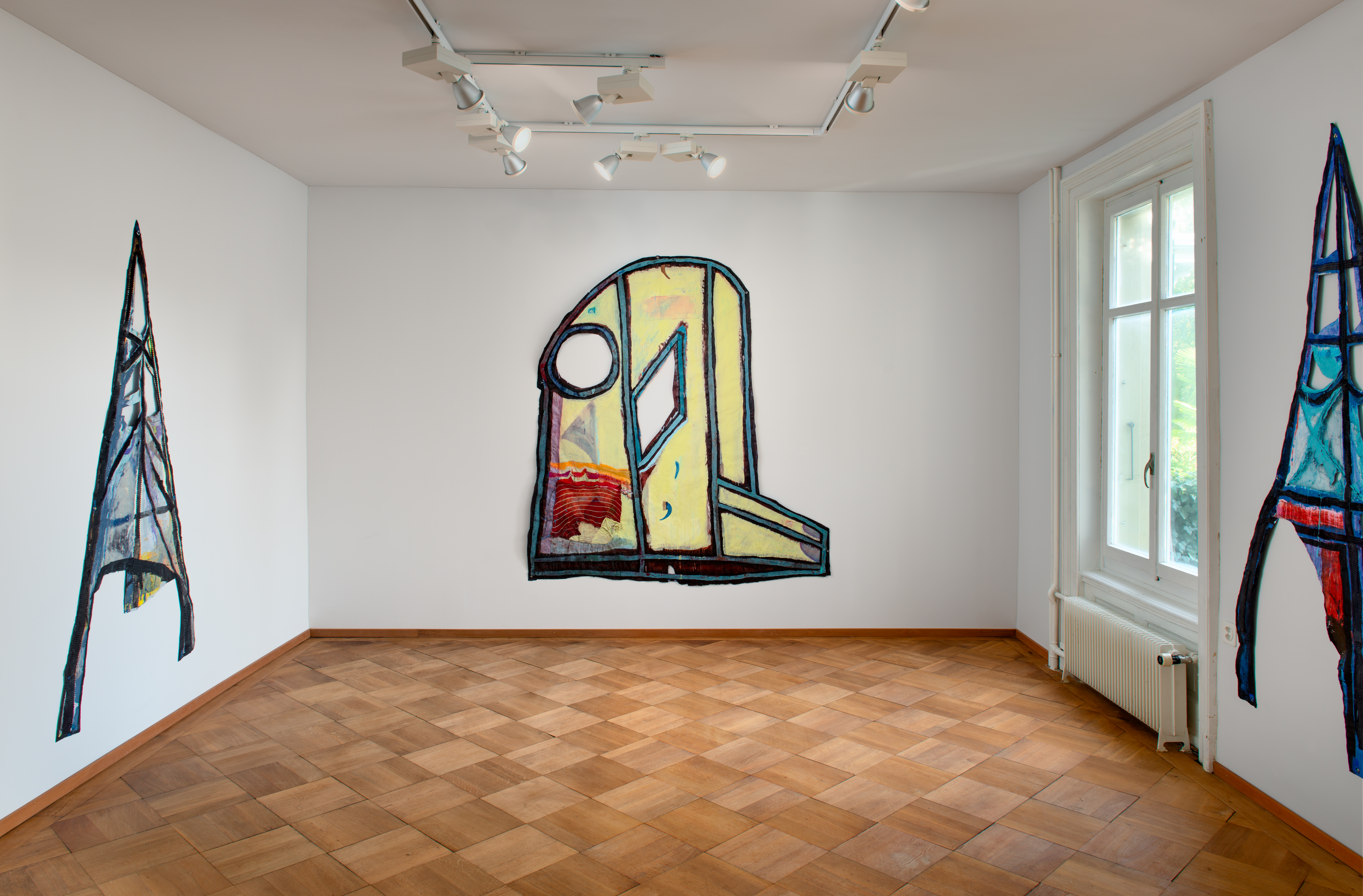
Listen. I know that internet/youth culture is all about the woowoo at the moment. Witchery, manifesting, reality shifting, tarot, horoscopes are everywhere, seeming to provide mass respite from crumbling political and climate realities the world over. But! Ada Friedman’s Painting in Pisces is a dreamlike exhibition, wherein the fluidity and ritual for which her sign is known combine into thoroughly considered, agile paintings. So, I want to have some fun musing about attitude-as-cosmic assignment versus attitude-as-aesthetic-posture, as a means of parsing her dense and subtle works. Friedman’s sign is said to be mutable and shape-shifting, represented by a wandering fish. Those born under Pisces are said to be highly sensitive, very present in any given environment without melting into it. Friedman’s paintings are double-sided, each one living on the reverse of another. Their shapes are irregular and incongruent, while they are anatomical relatives. Here, you’ll see pieces from a body of paintings all shaped like relaxing isosceles triangles. And although they are composed in similar form, height, and width, they are entirely distinct from one another. In terms of color, works sharing one of Friedman’s odd structures might seem to be complete strangers meeting for the first time. Yet an inextricable physical relationship with the painting on its backside (frontside? topside? underbelly?) harmonizes the full work by forcing chance interactions and compatibilities between the two. Her works are firm in their adaptability. Repetitive in a refusing way. Fish flip, decisions are final/reversible, light shimmers. The condition of fish, incidentally, is also William James’ preferred metaphor1 for the use and misuses of abstraction. A misused abstraction is one imposed upon the world. A point of view inconsiderate of finer, relevant aspects of a thing for the sake of ease or control; a harmful distortion of reality. Useful abstraction, however, is in line with its originary sensibility: a verb describing the attempt to make the unfathomable ingestible, yes, but by way of curiosity rather than knowing. An attempt to understand rather than expound. Like a good tarot reading. In service to this end, Ada’s prima materia is paper, for its broad range of use. Yet the artist also fully integrates intermittently collected and discreetly organized materials into a painting’s whole. These items tend to be fragile and/or translucent, demanding delicate, intentional handling. Importantly, Friedman does not adhere them to already-painted surfaces; these works are not collages. Instead, lighting gel or a found doily serve as integral structural components of the entire plane on which any two paintings live, further coordinating works which share all of their material elements to differently composed ends. They swim together, wherever and however they want. Friedman manipulates each component with precisely the same physical gestures she uses to oil paint, resulting in unified, motley, elegant paintings. 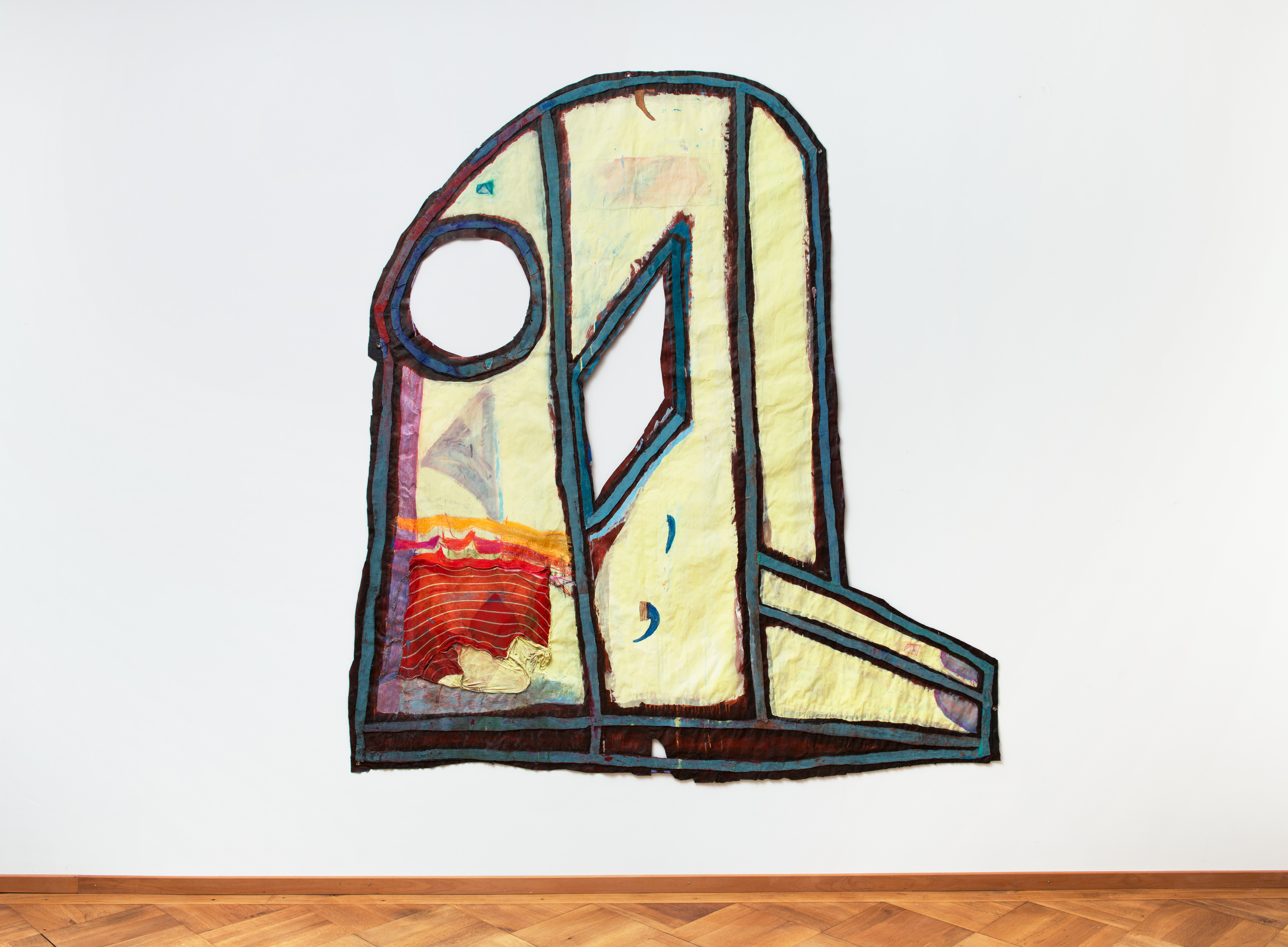 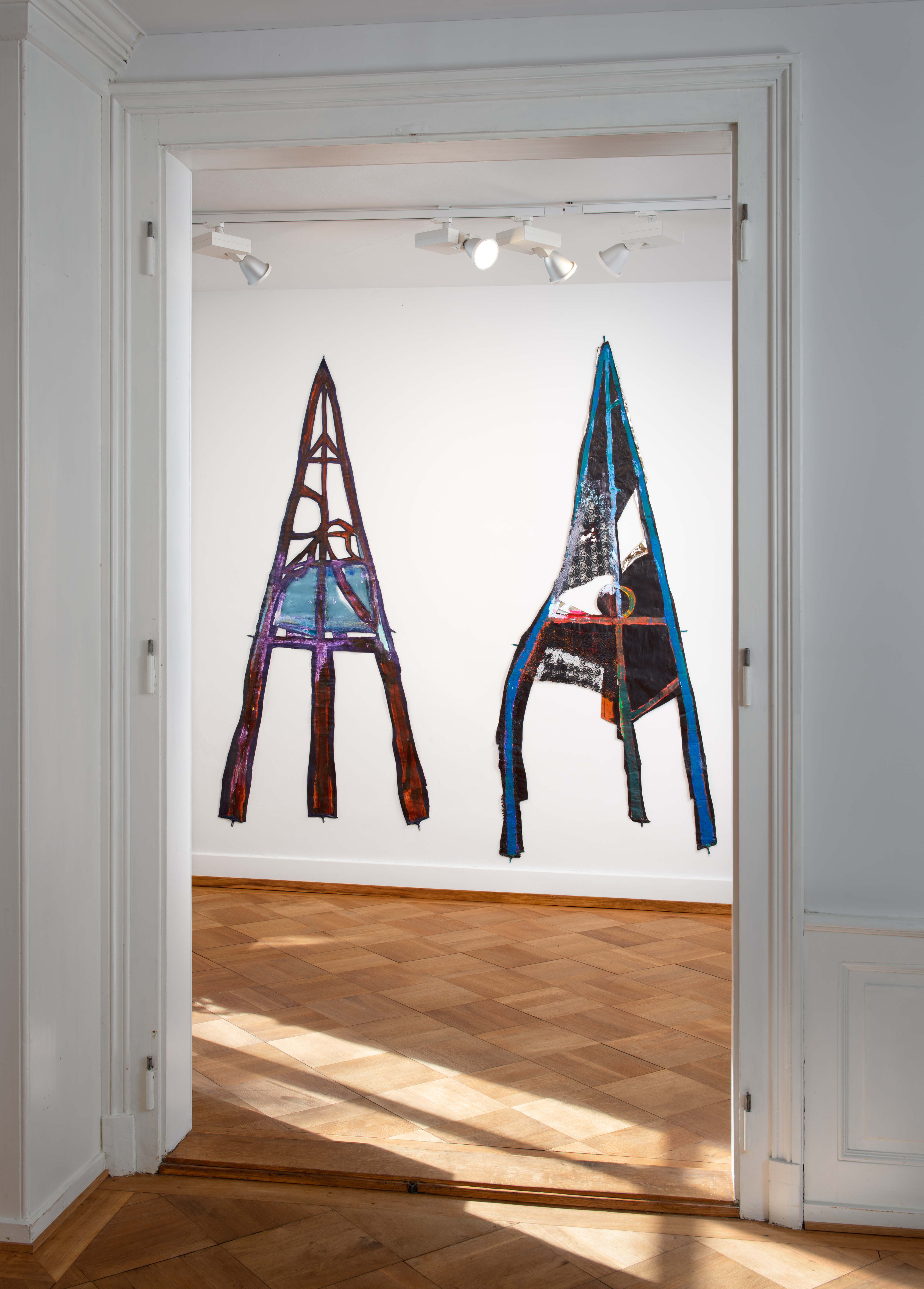 ____________________________________________________________________ 1 Now let the water represent the world of sensible facts, and let the air above it represent the world of abstract ideas…. We are like fishes swimming in the sea of sense, bounded above by the superior element, but unable to breathe it pure or penetrate it. We get our oxygen from it, however, we touch it incessantly, … in this part, now in that, and every time we touch it, we are reflected back into the water with our course redetermined and reenergized. The abstract ideas of which the air consists are indispensable for life, but irrespirable by themselves, as it were, and only active in their redirecting function. William James. "The One and the Many". Lecture 4 in Pragmatism: A new name for some old ways of thinking. New York: Longman Green and Co (1907): 49-63. 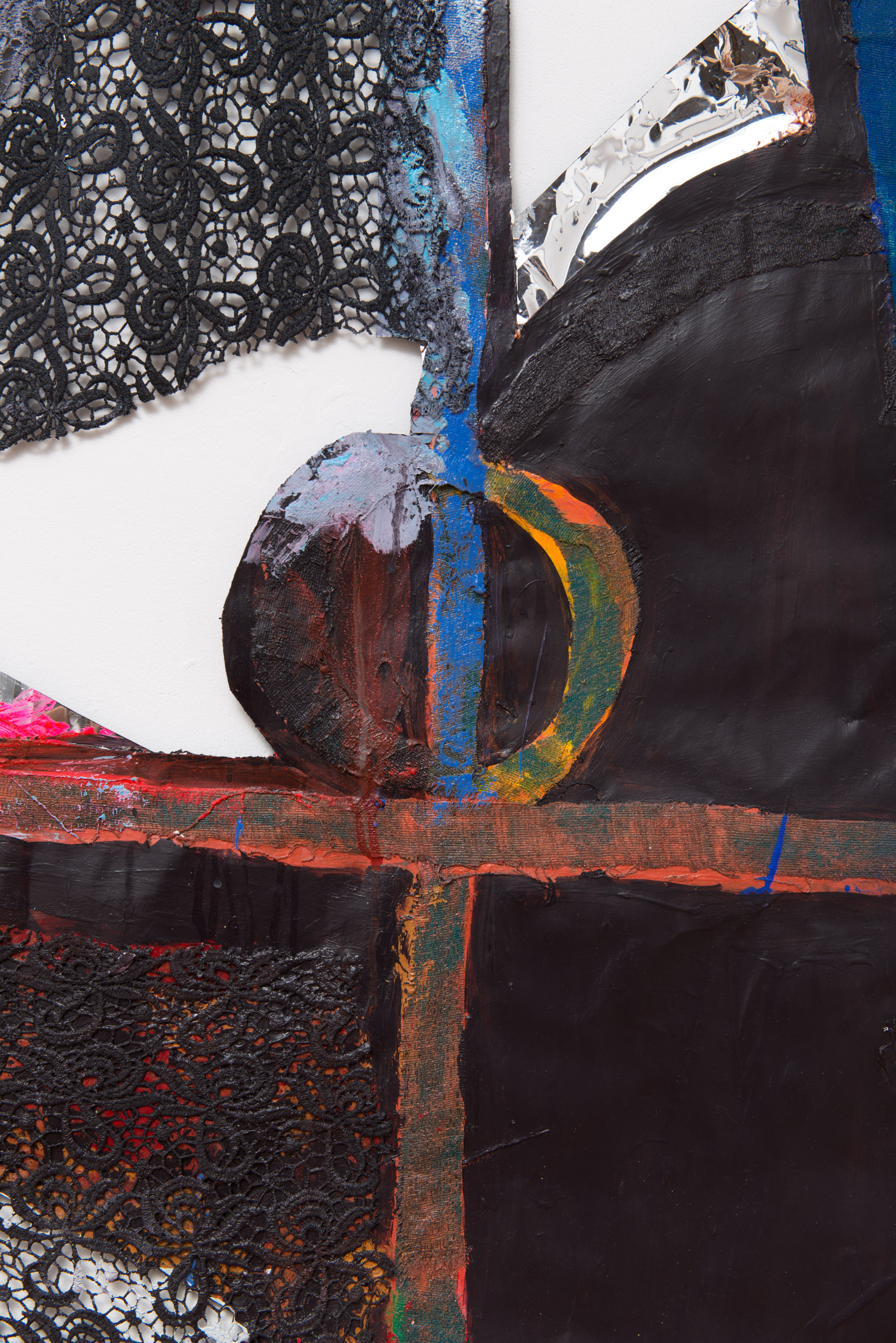 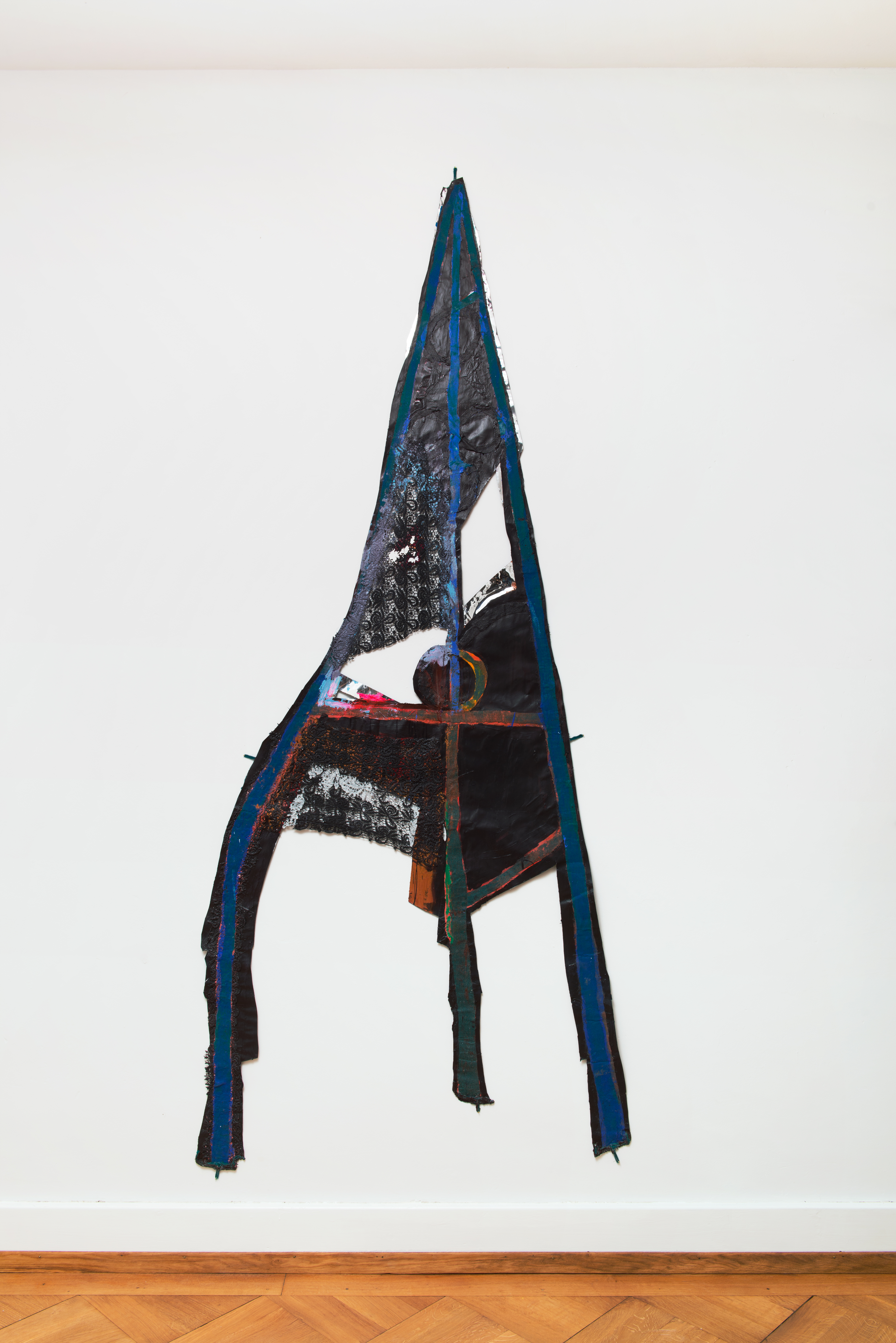 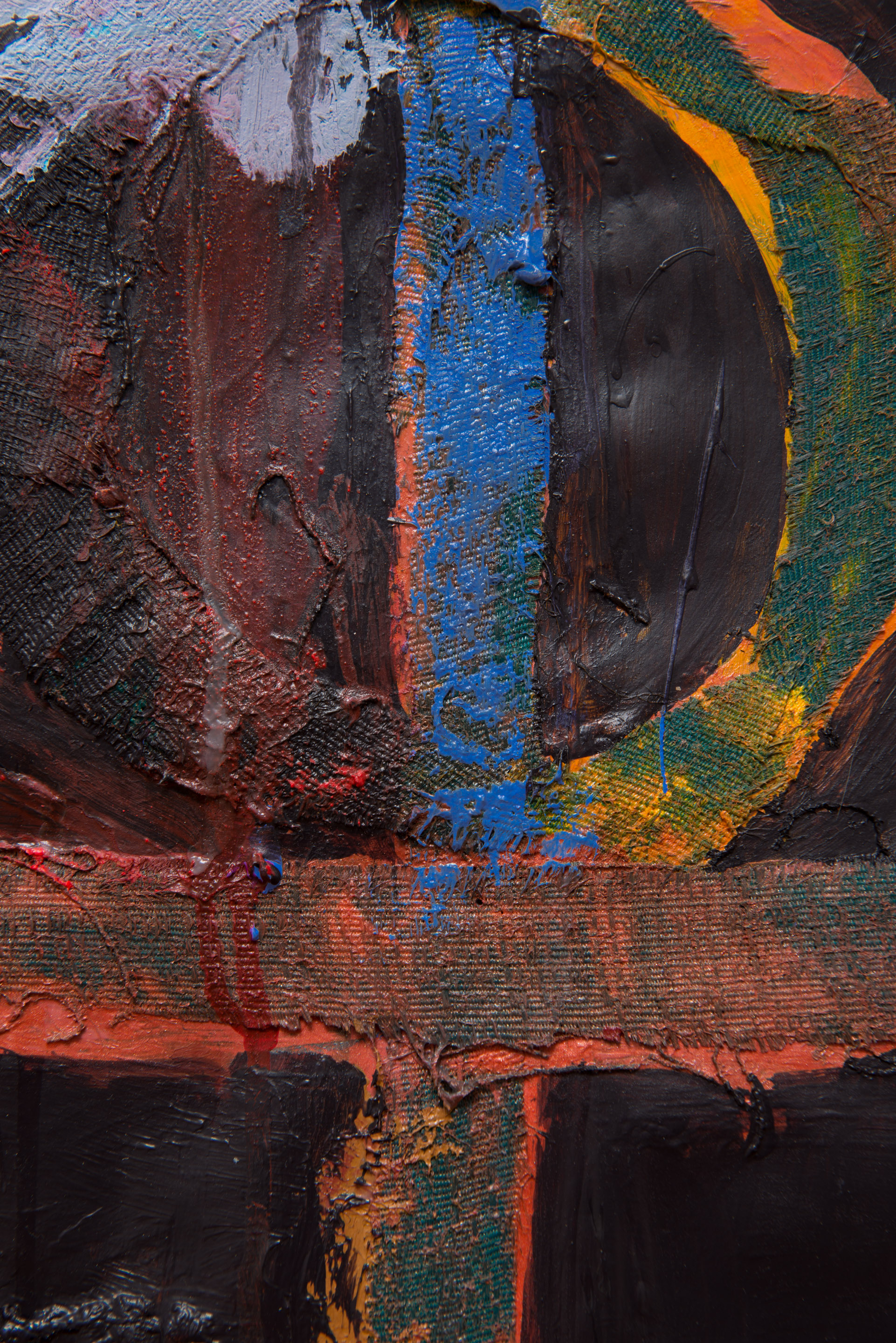 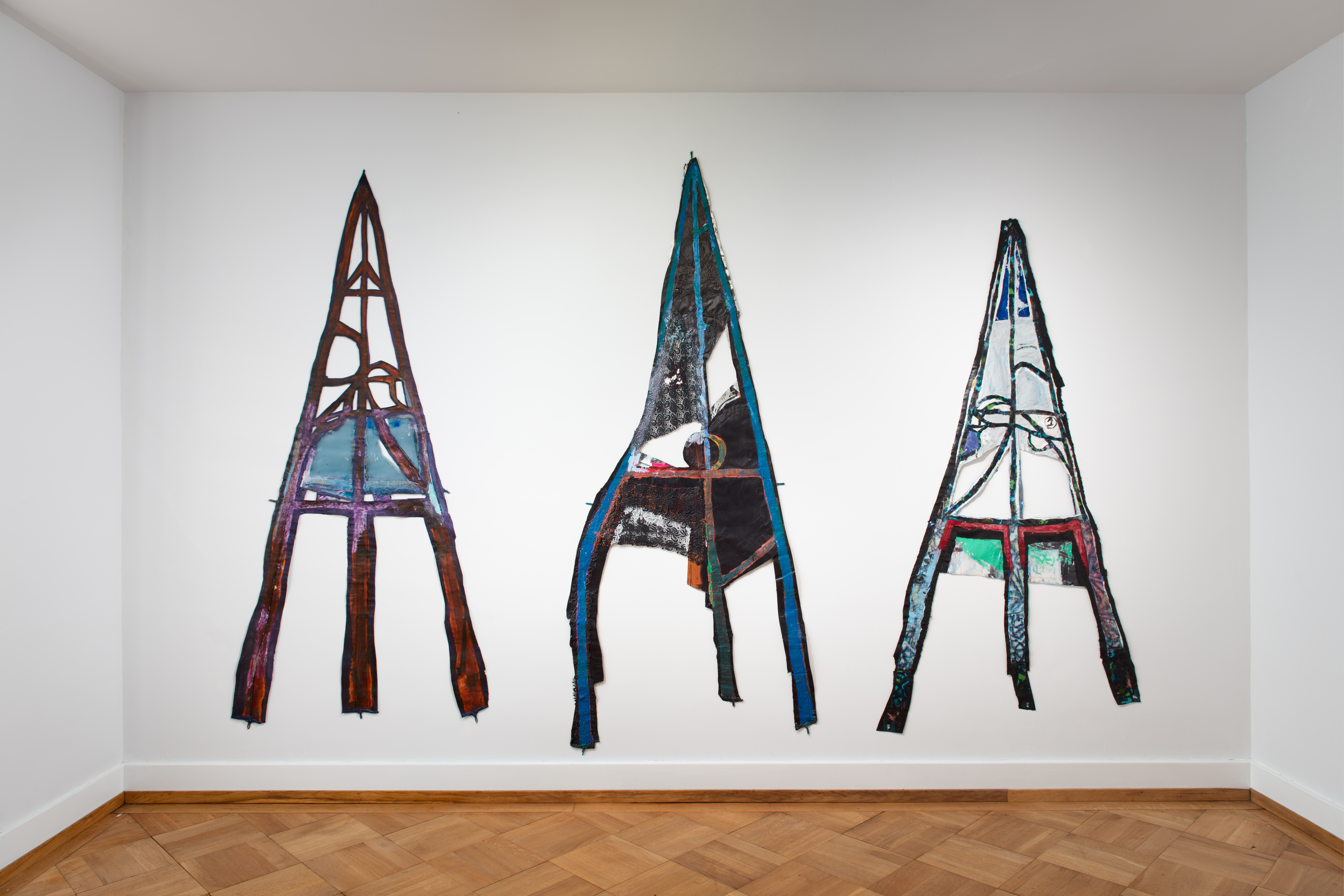 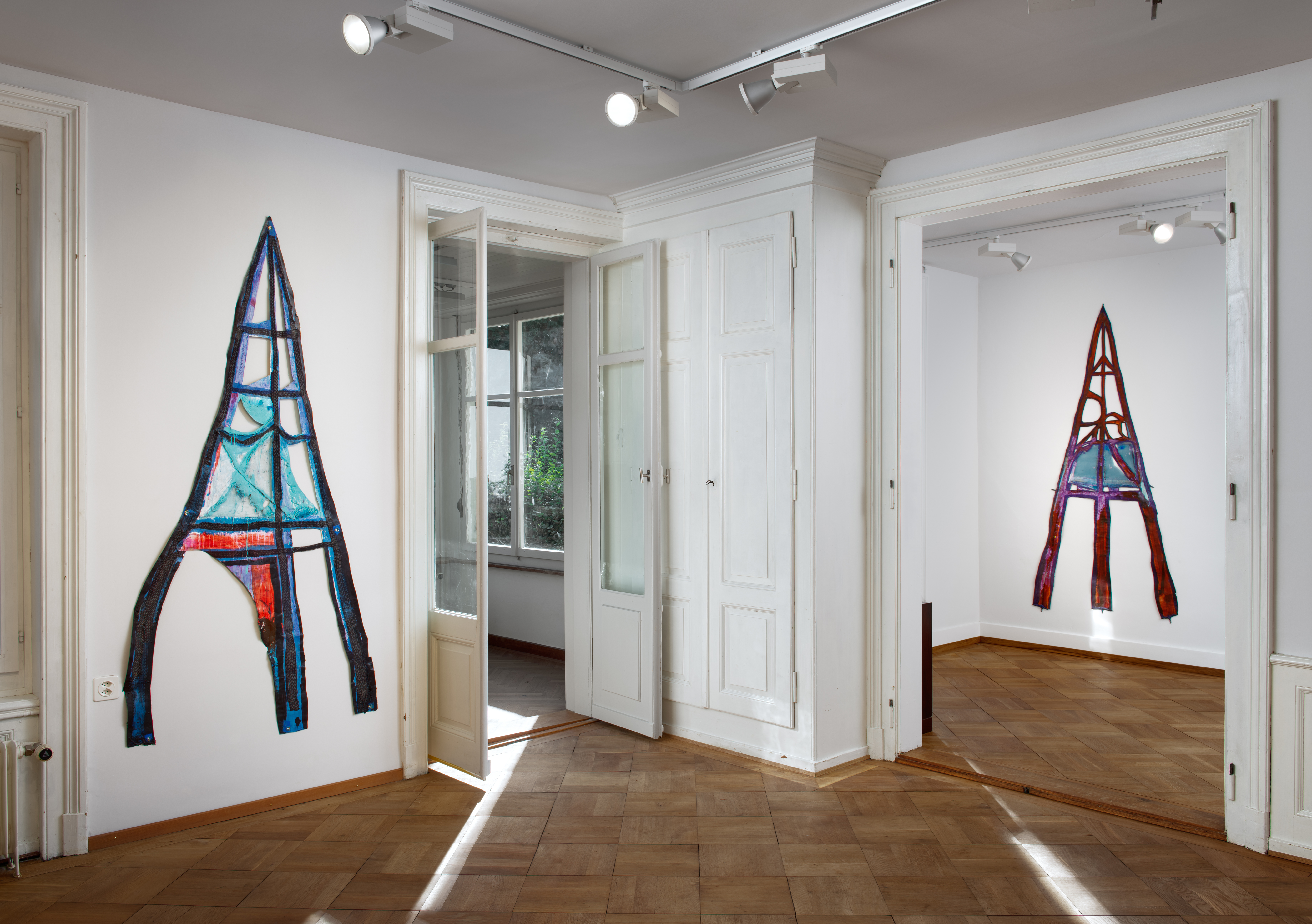  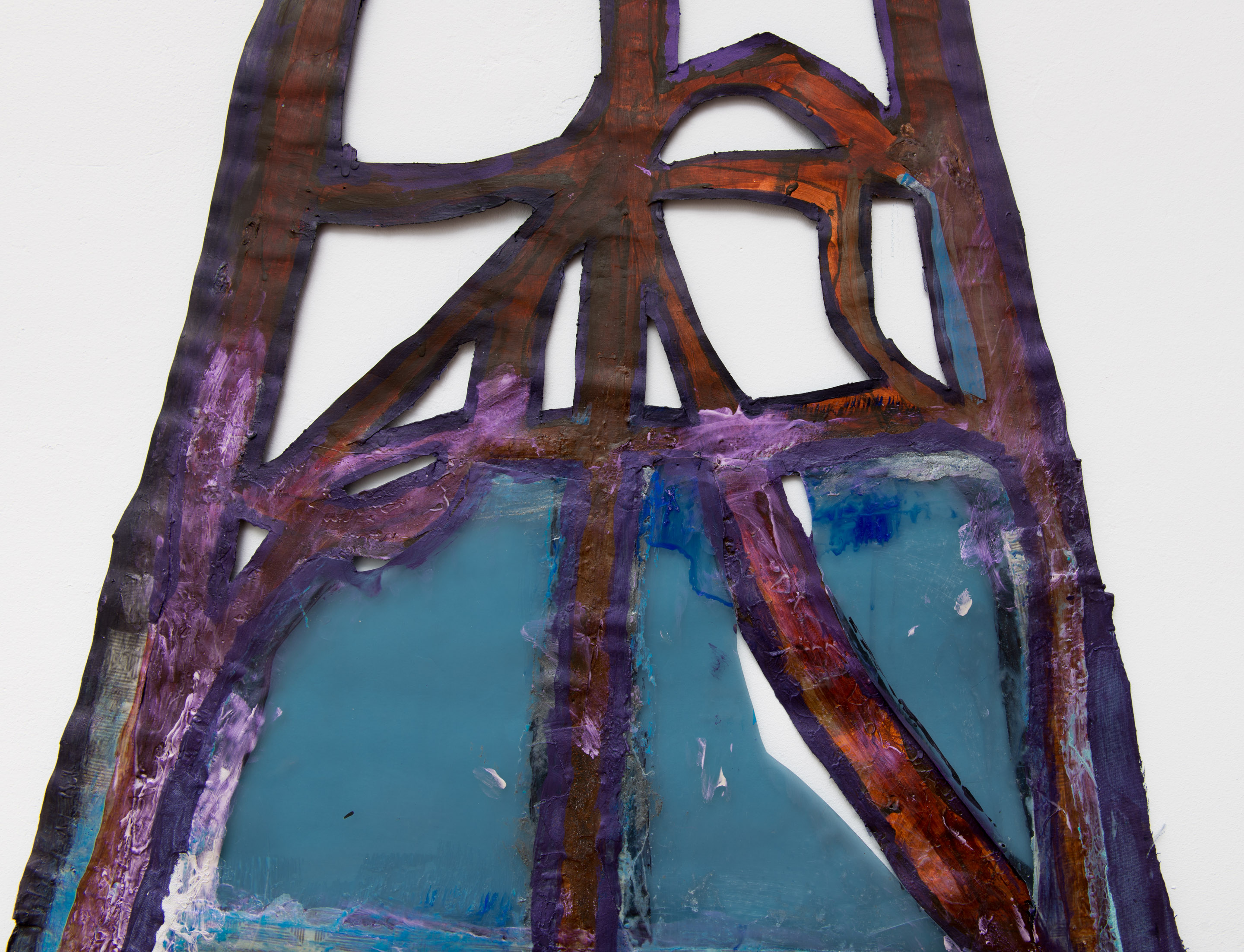 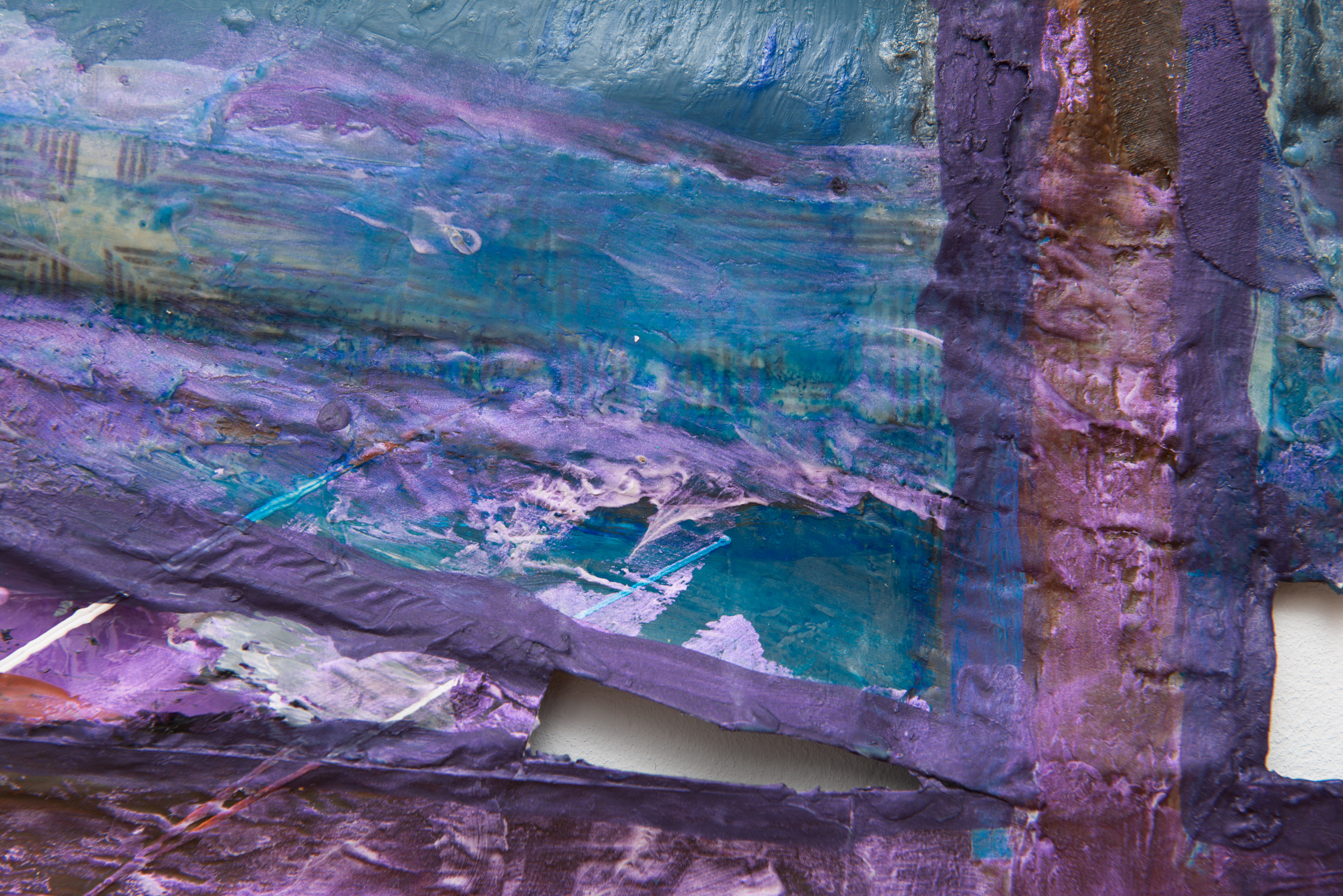 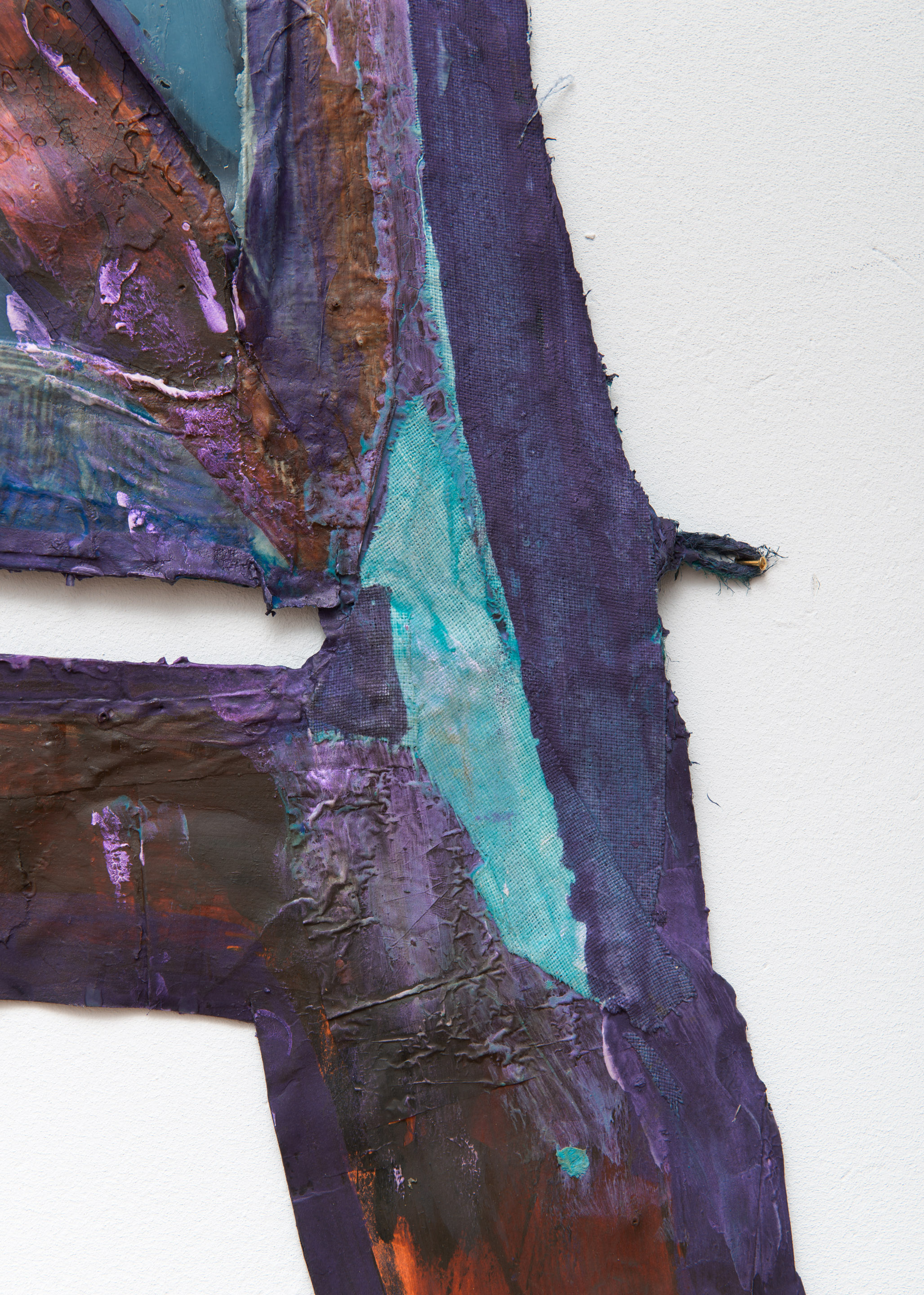 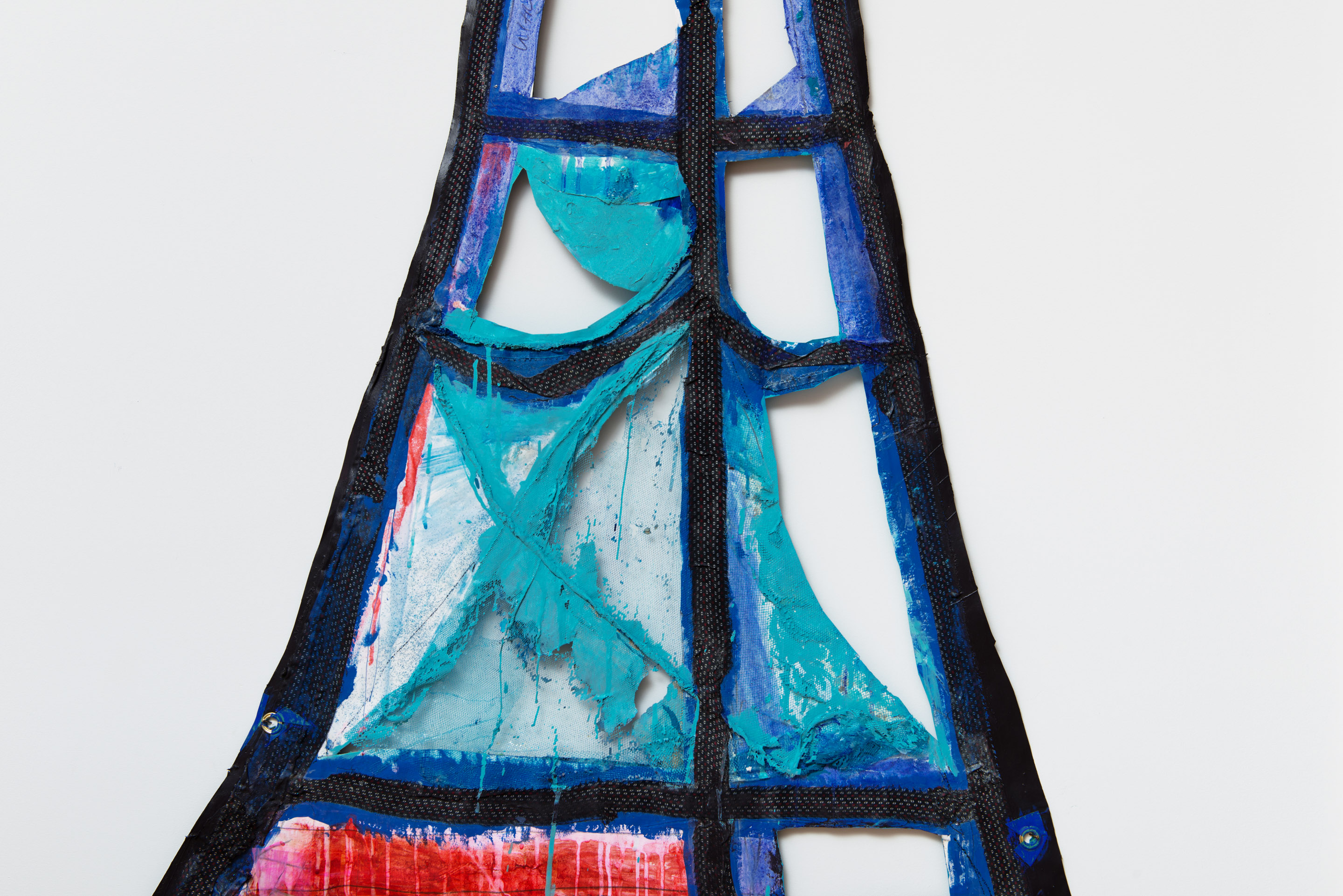 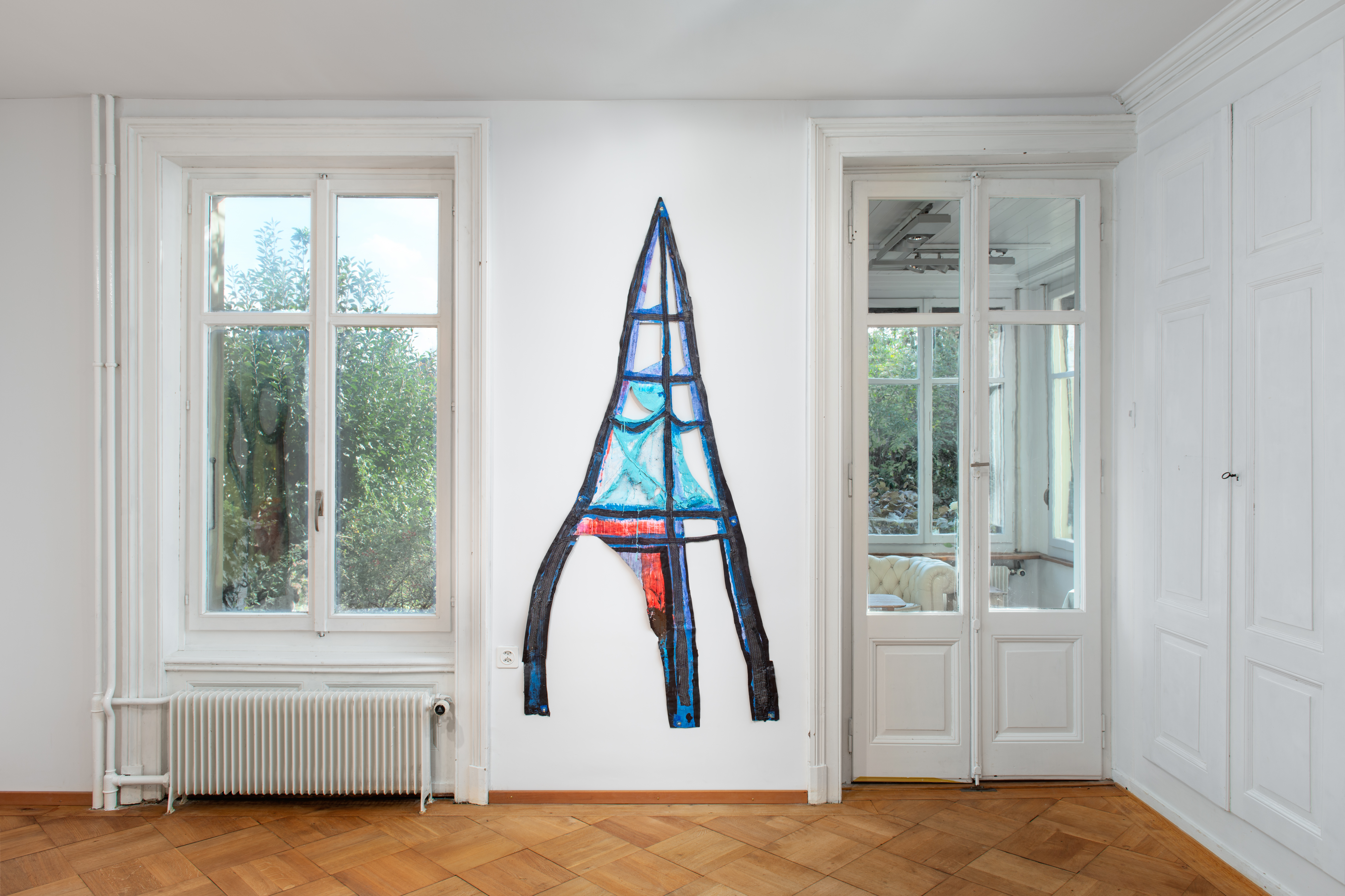 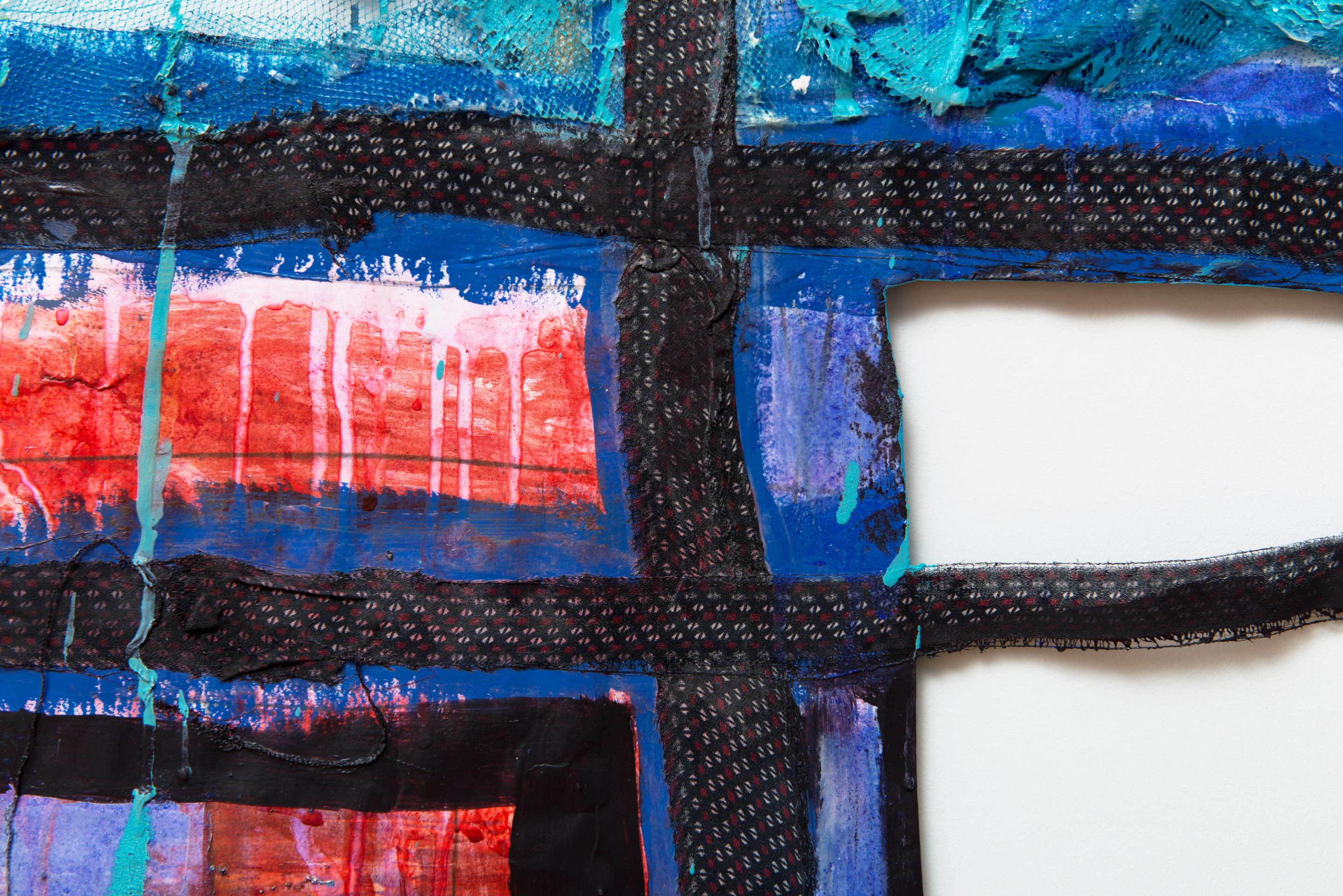  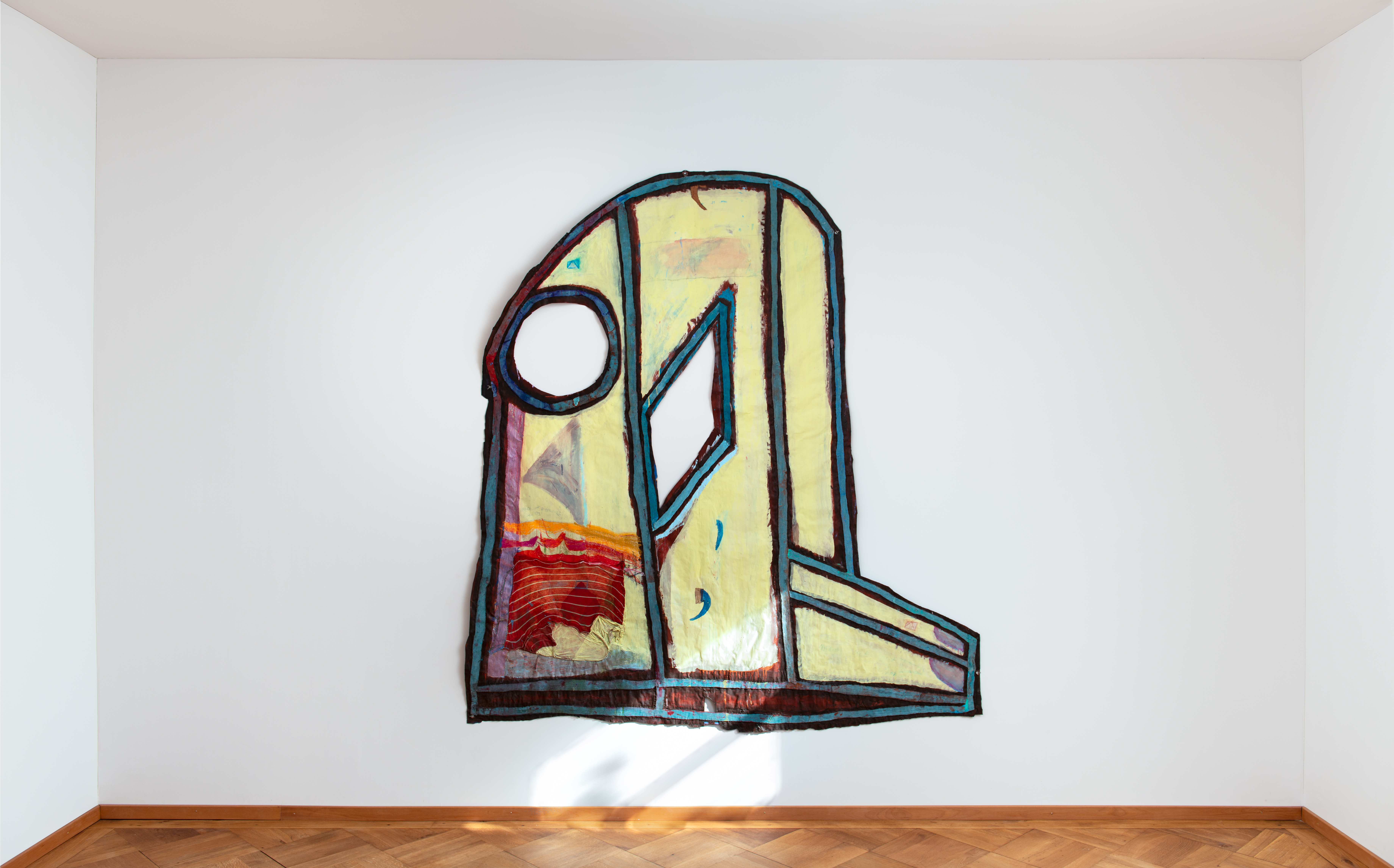 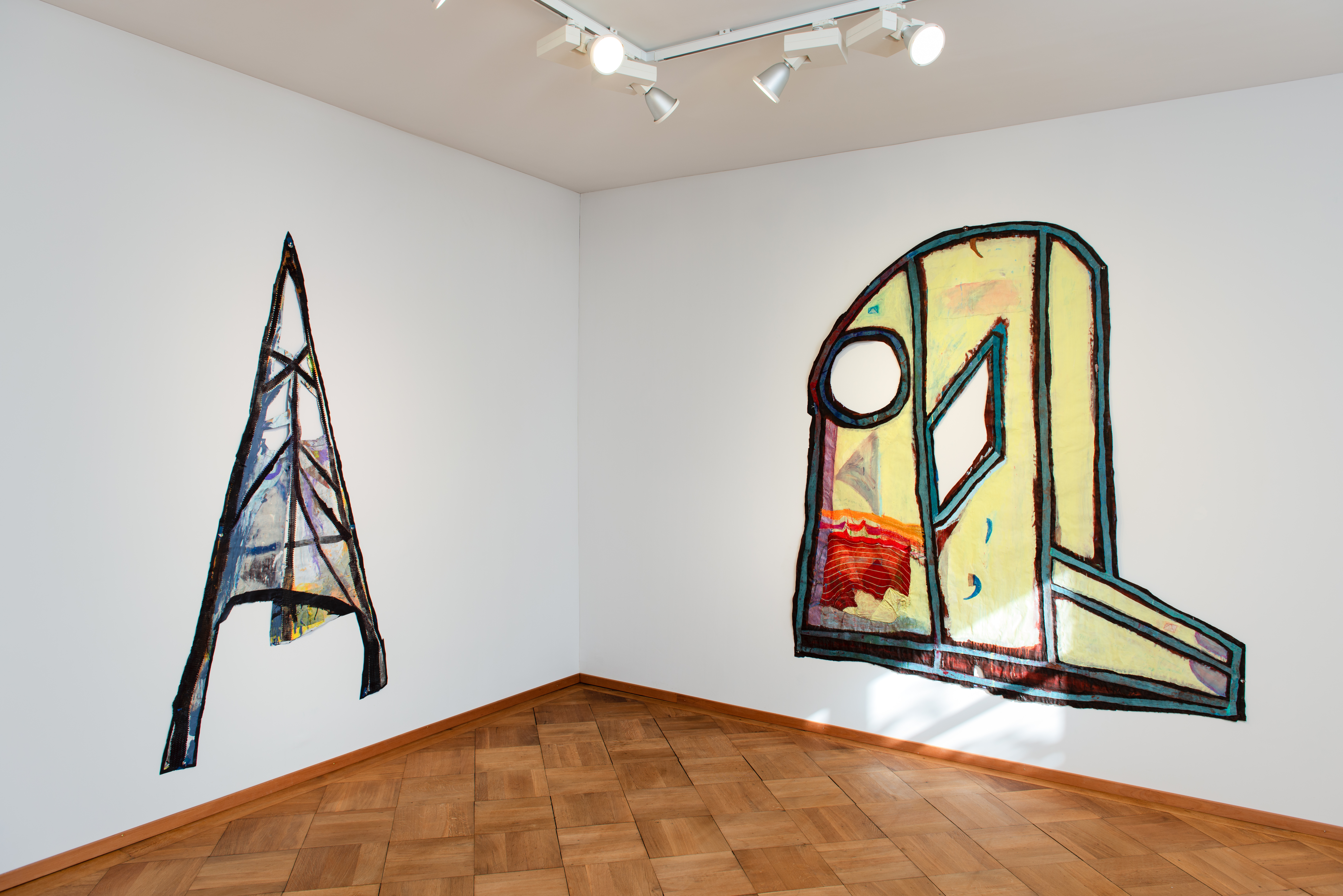  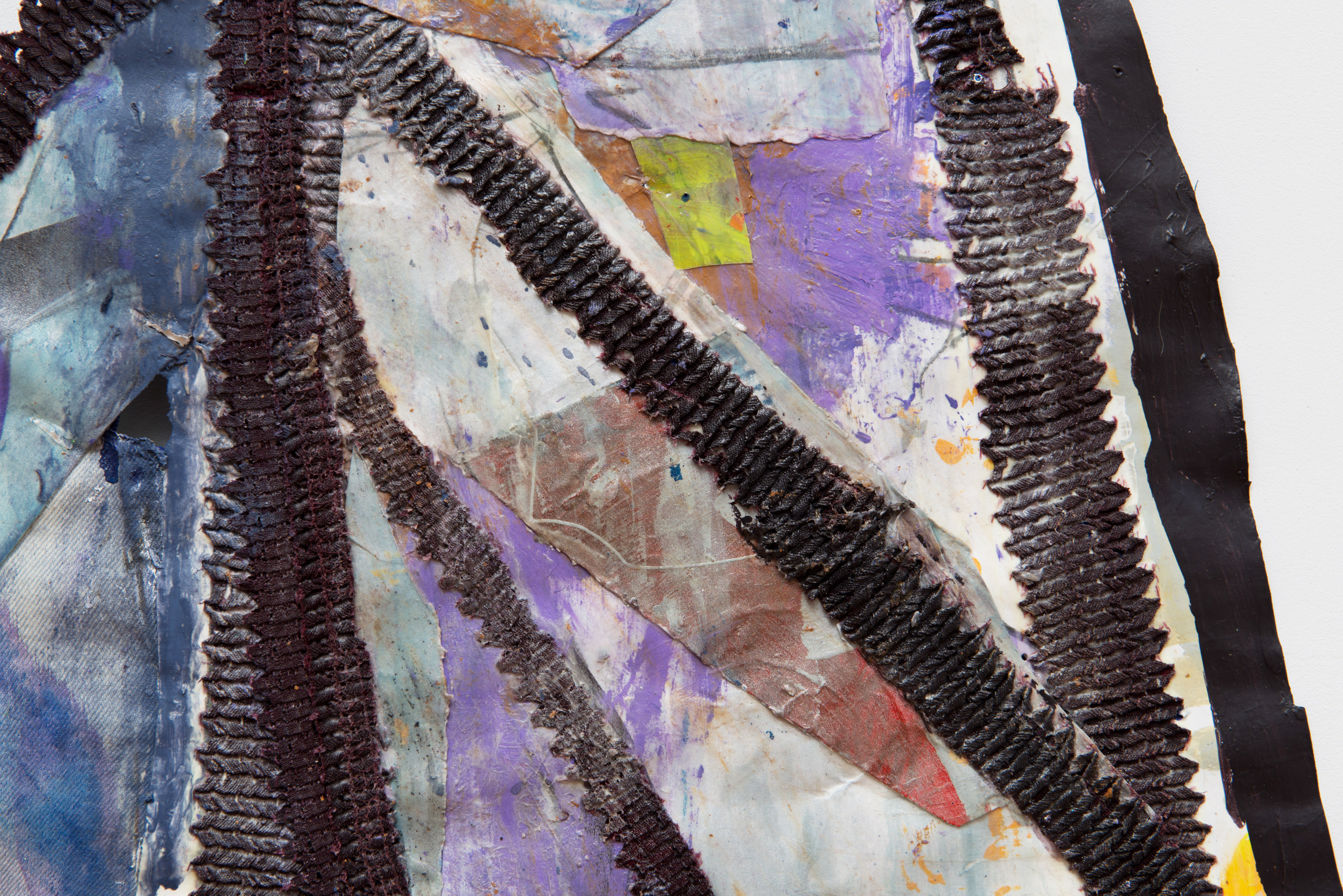 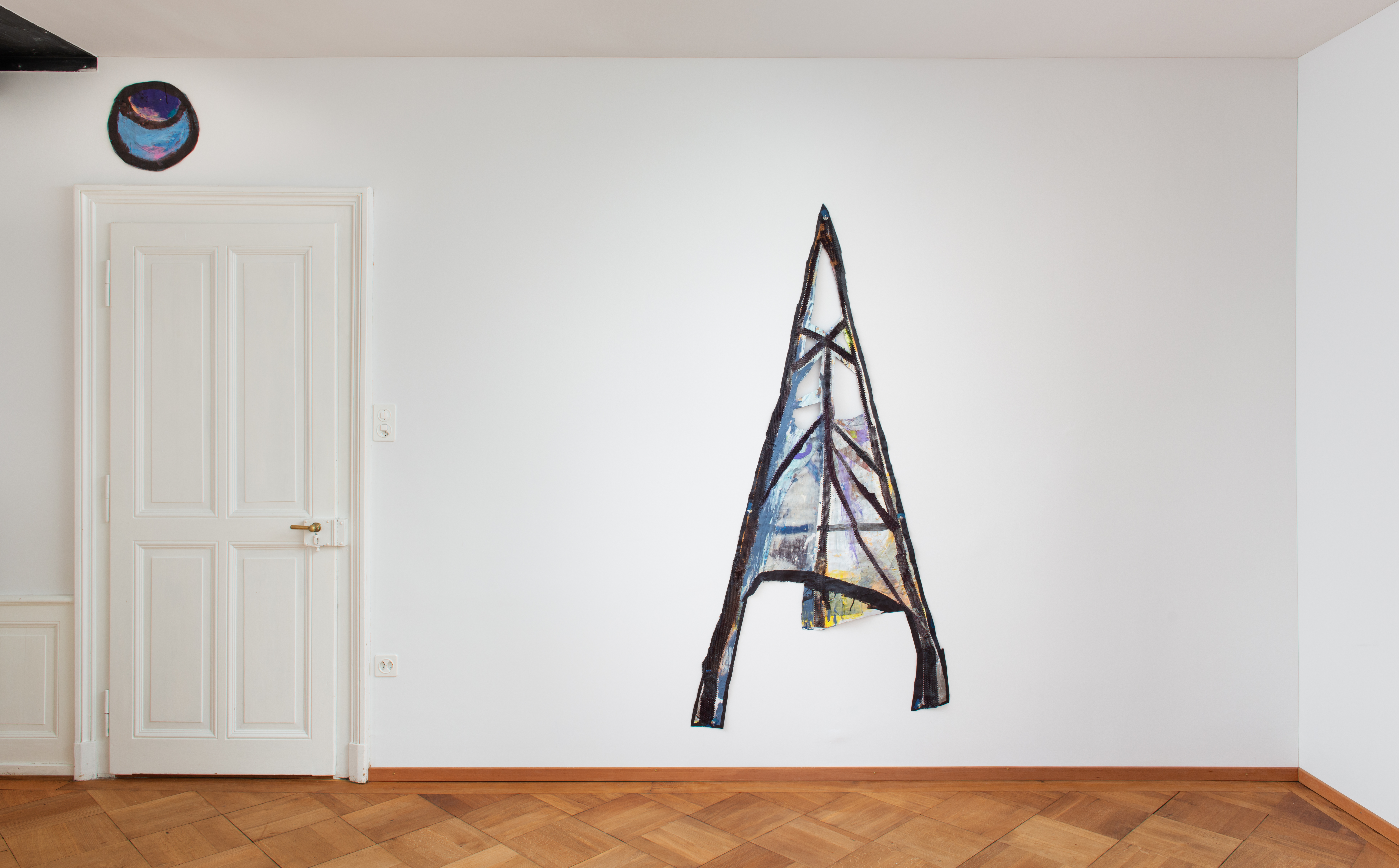 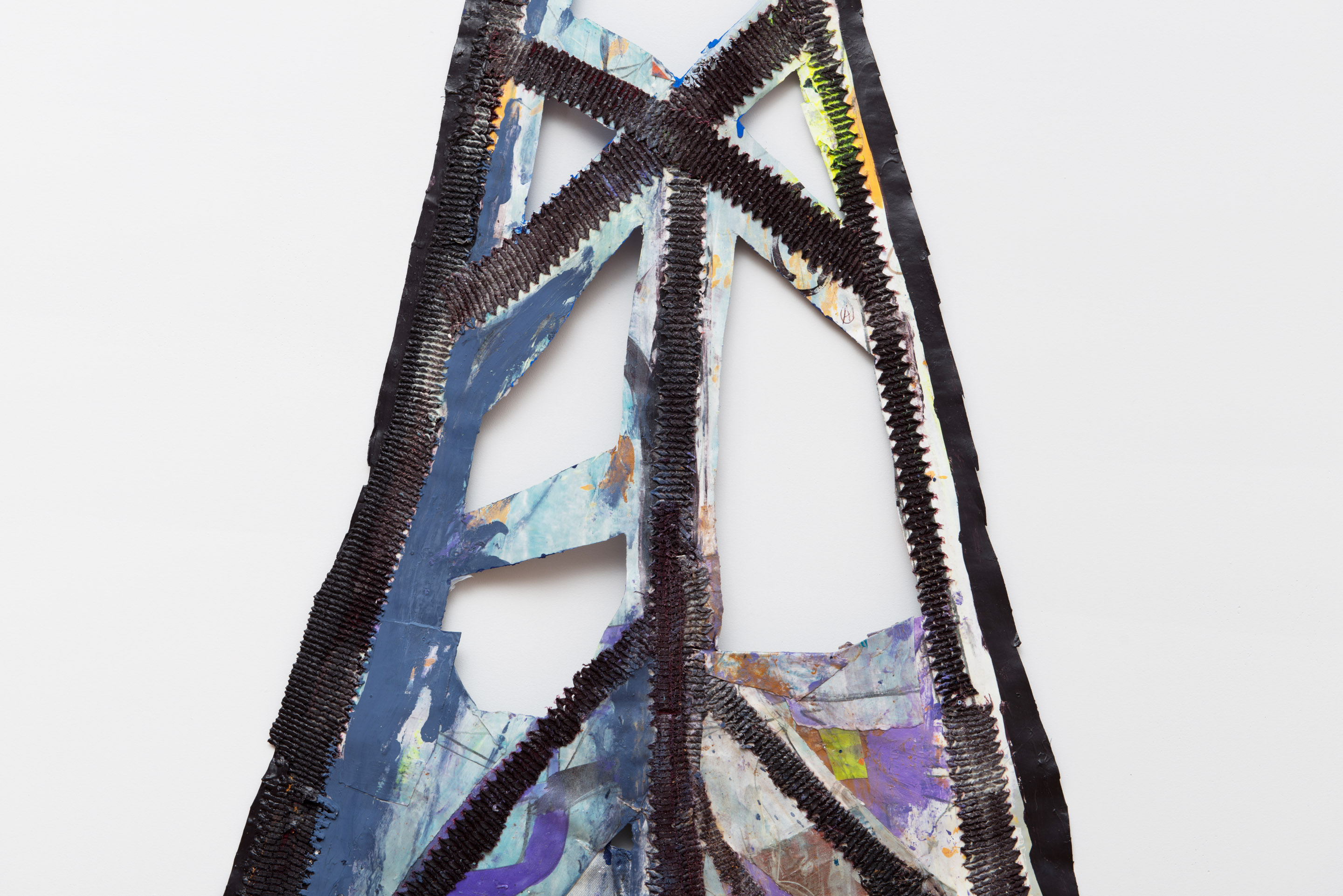  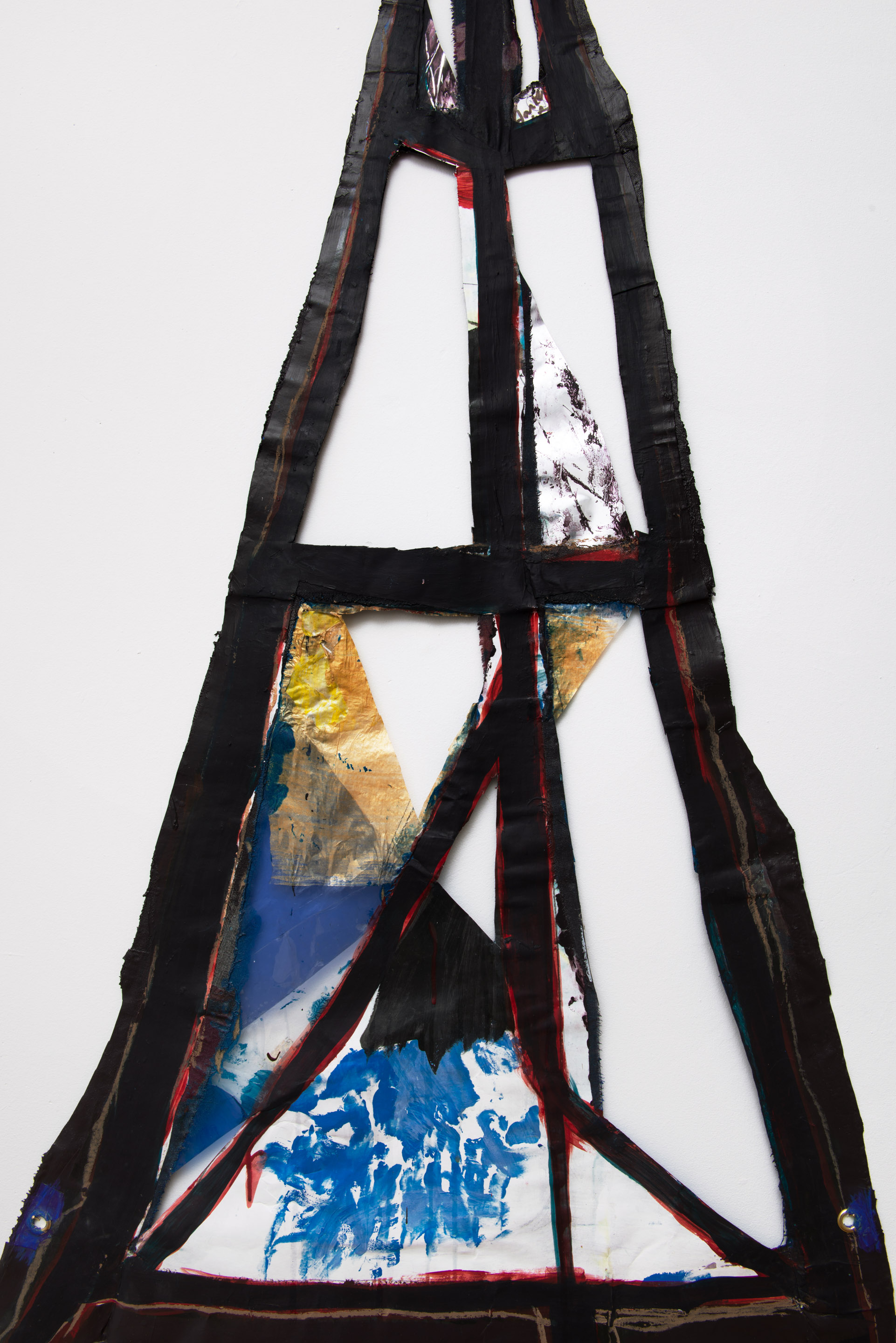 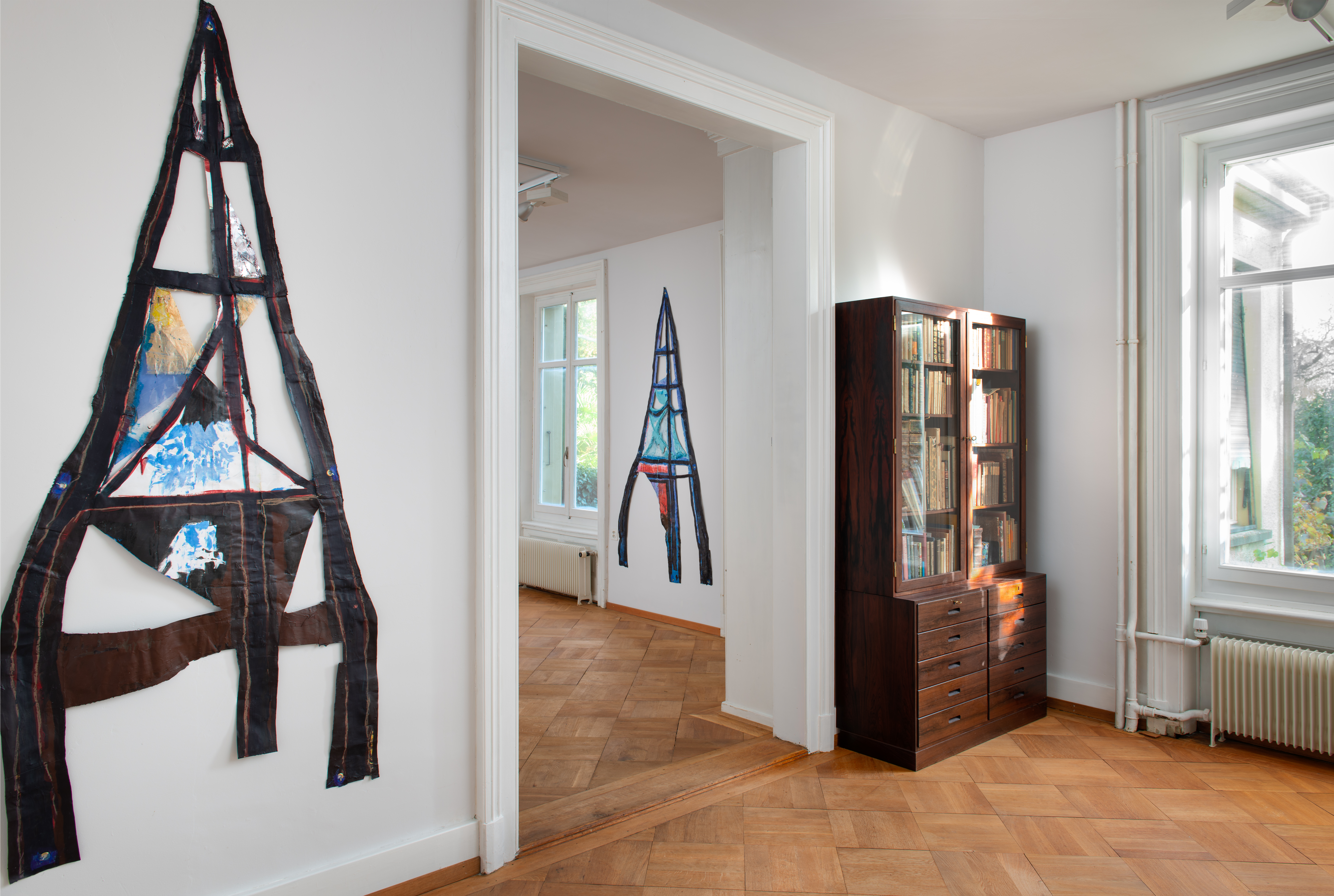 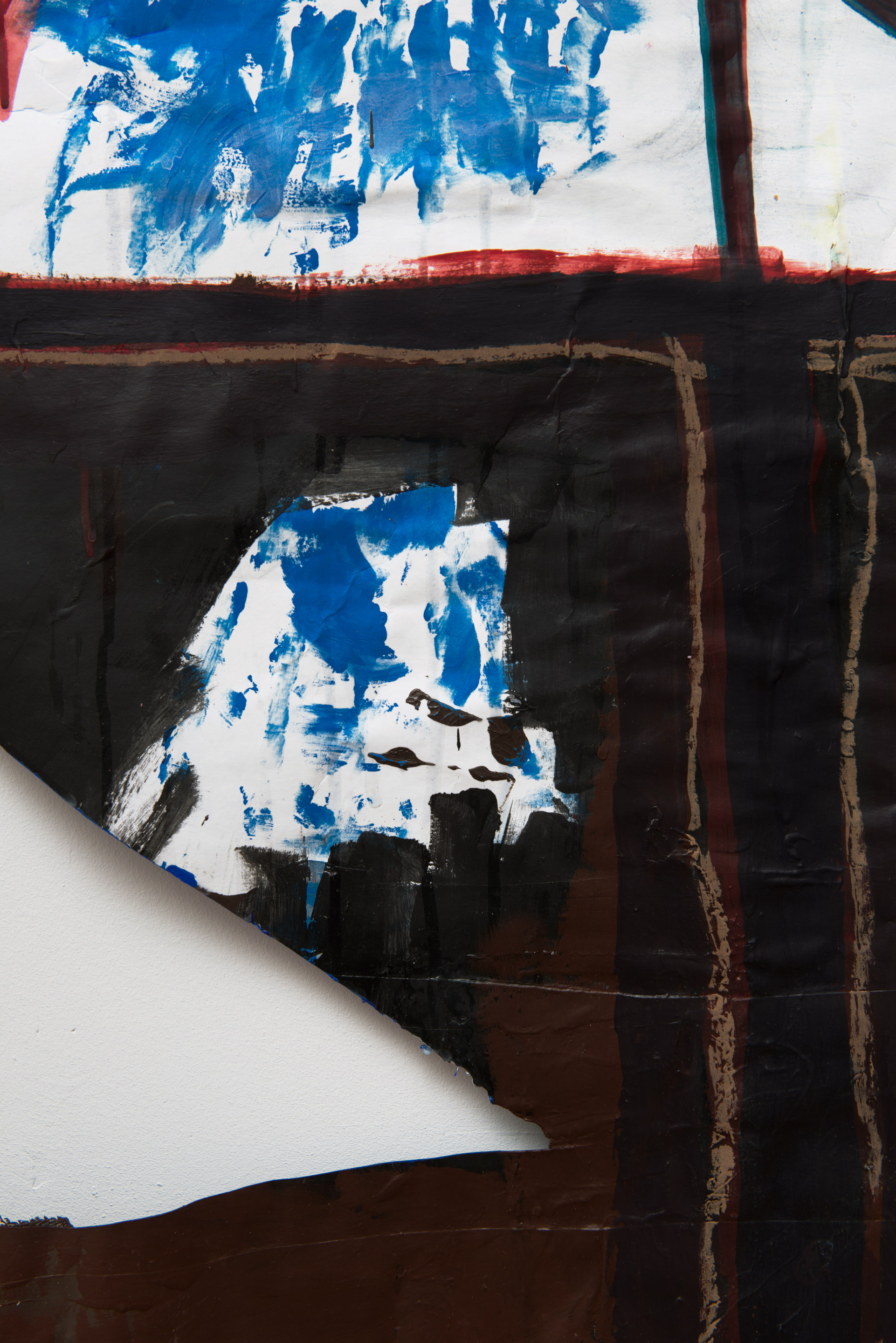 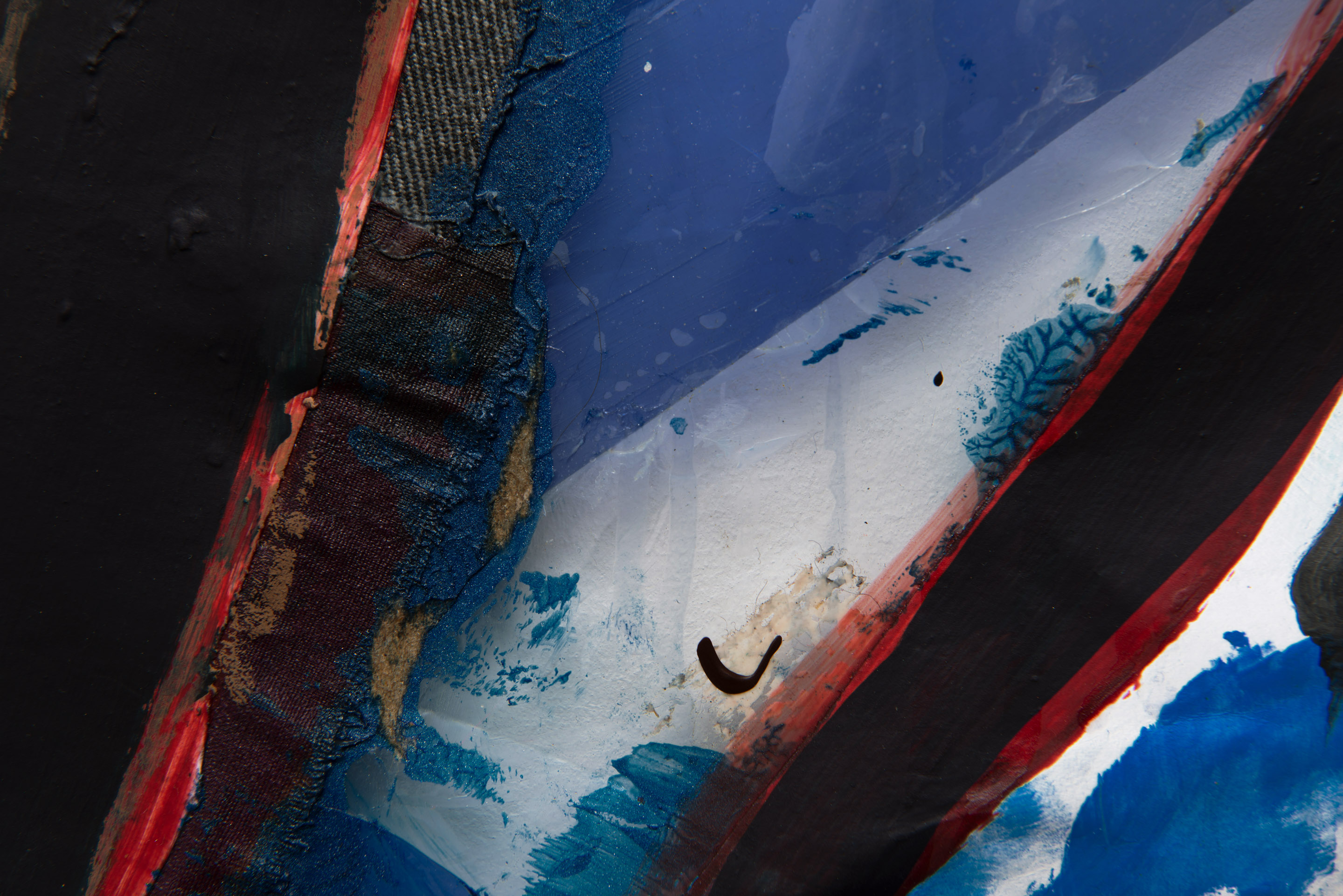 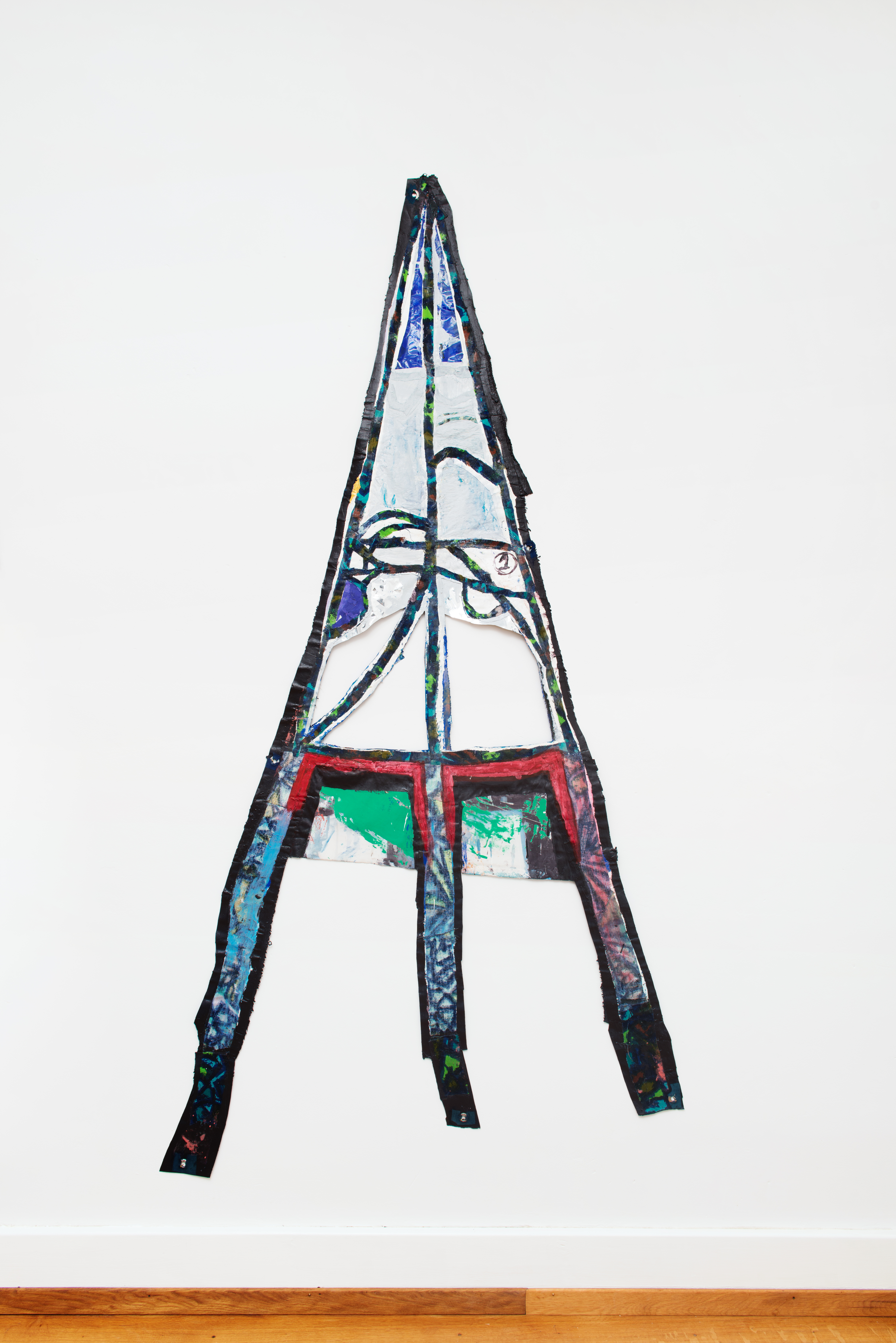 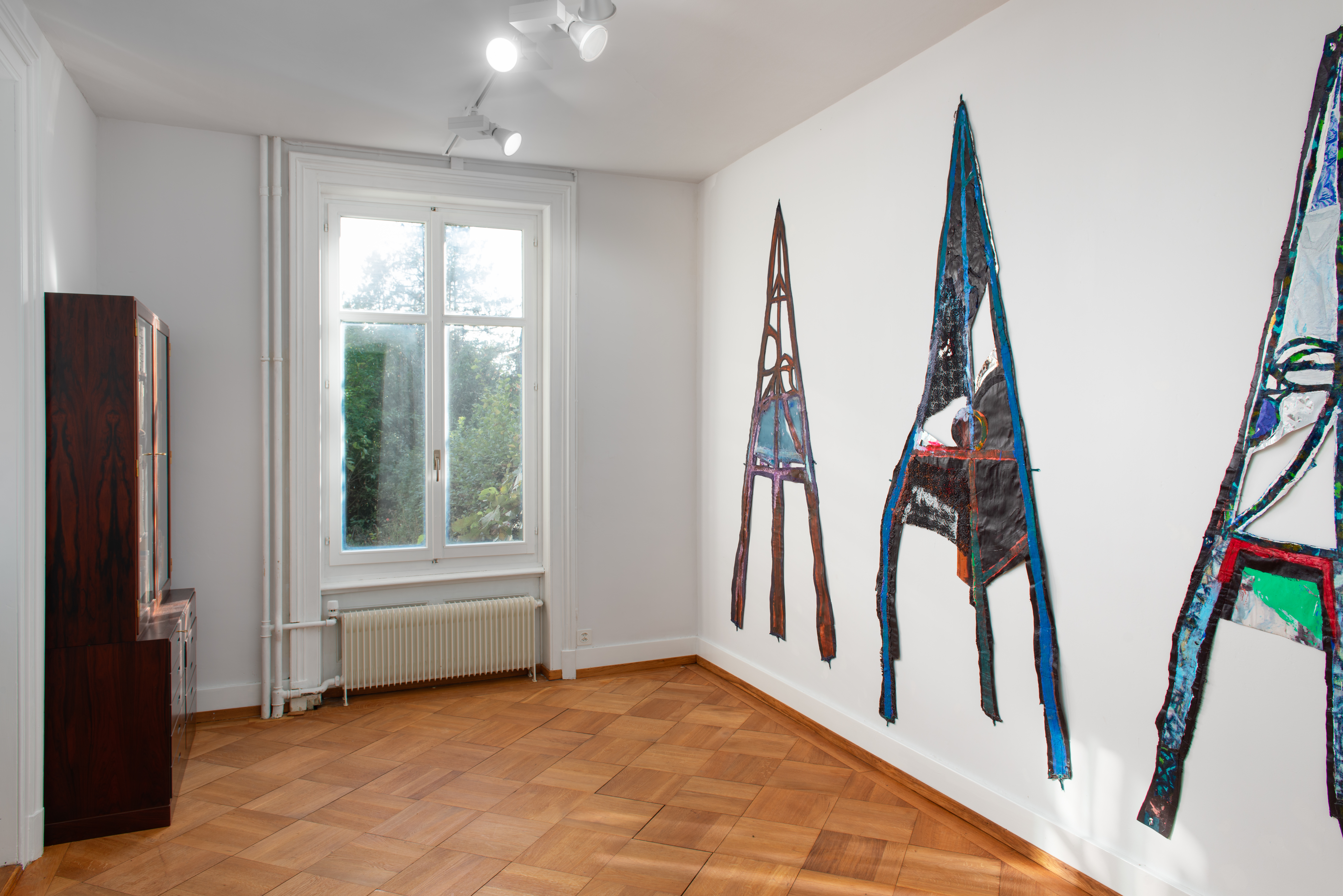 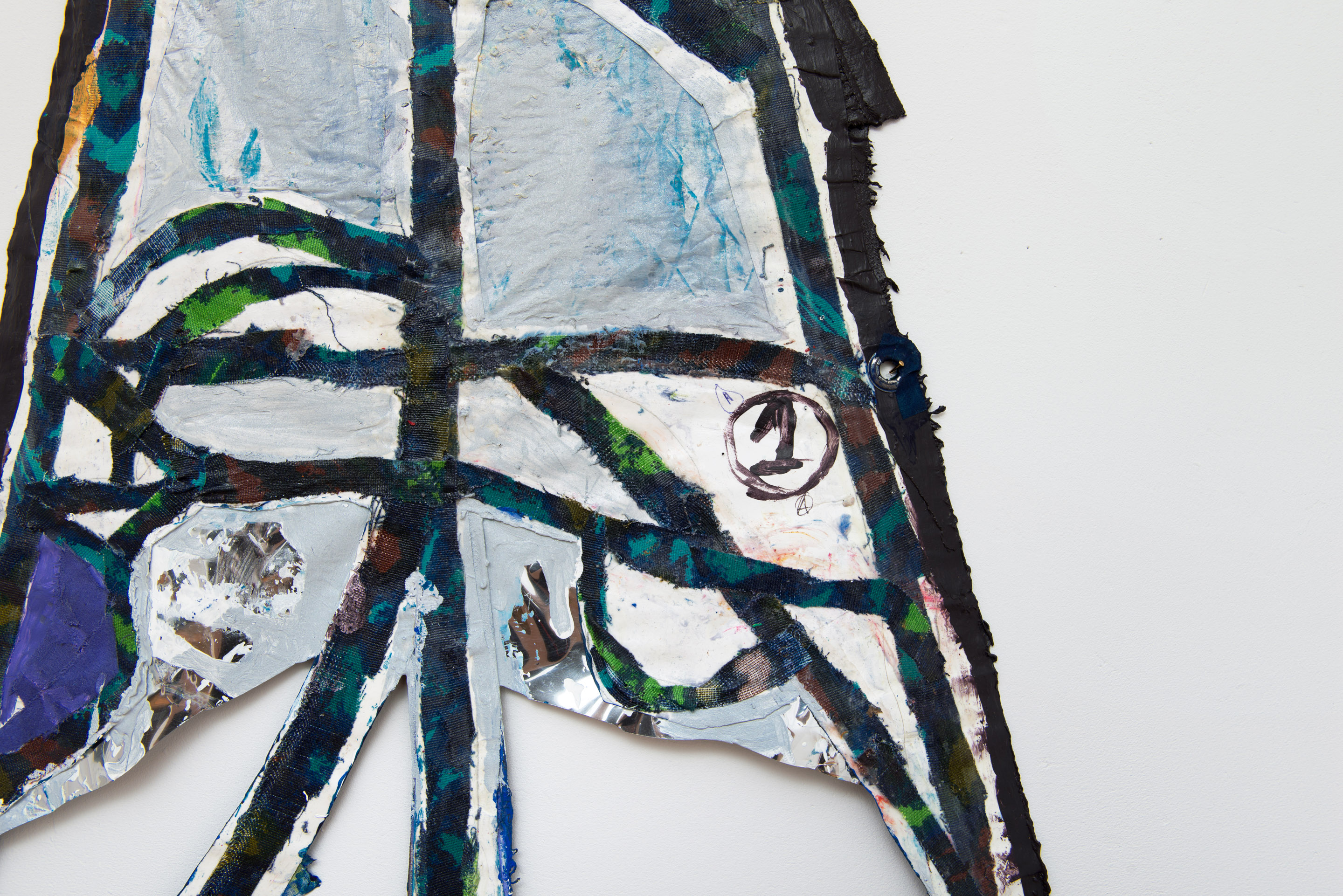 |
